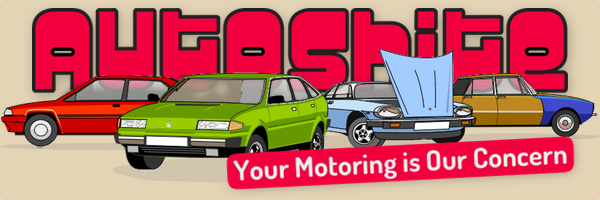primitive vehicles ?
-
Similar Content
-
- 163 replies
- 11,739 views
-
Vehicle terminology in the media 1 2 3
By Urko,
- 74 replies
- 3,356 views
-
- 231 replies
- 18,513 views
-
Spiny Norman's Comfortable Runabout Vehicle 1 2
By Spiny Norman,
- 33 replies
- 3,308 views
-
- 137 replies
- 7,695 views
-





Recommended Posts
Create an account or sign in to comment
You need to be a member in order to leave a comment
Create an account
Sign up for a new account in our community. It's easy!
Register a new accountSign in
Already have an account? Sign in here.
Sign In Now